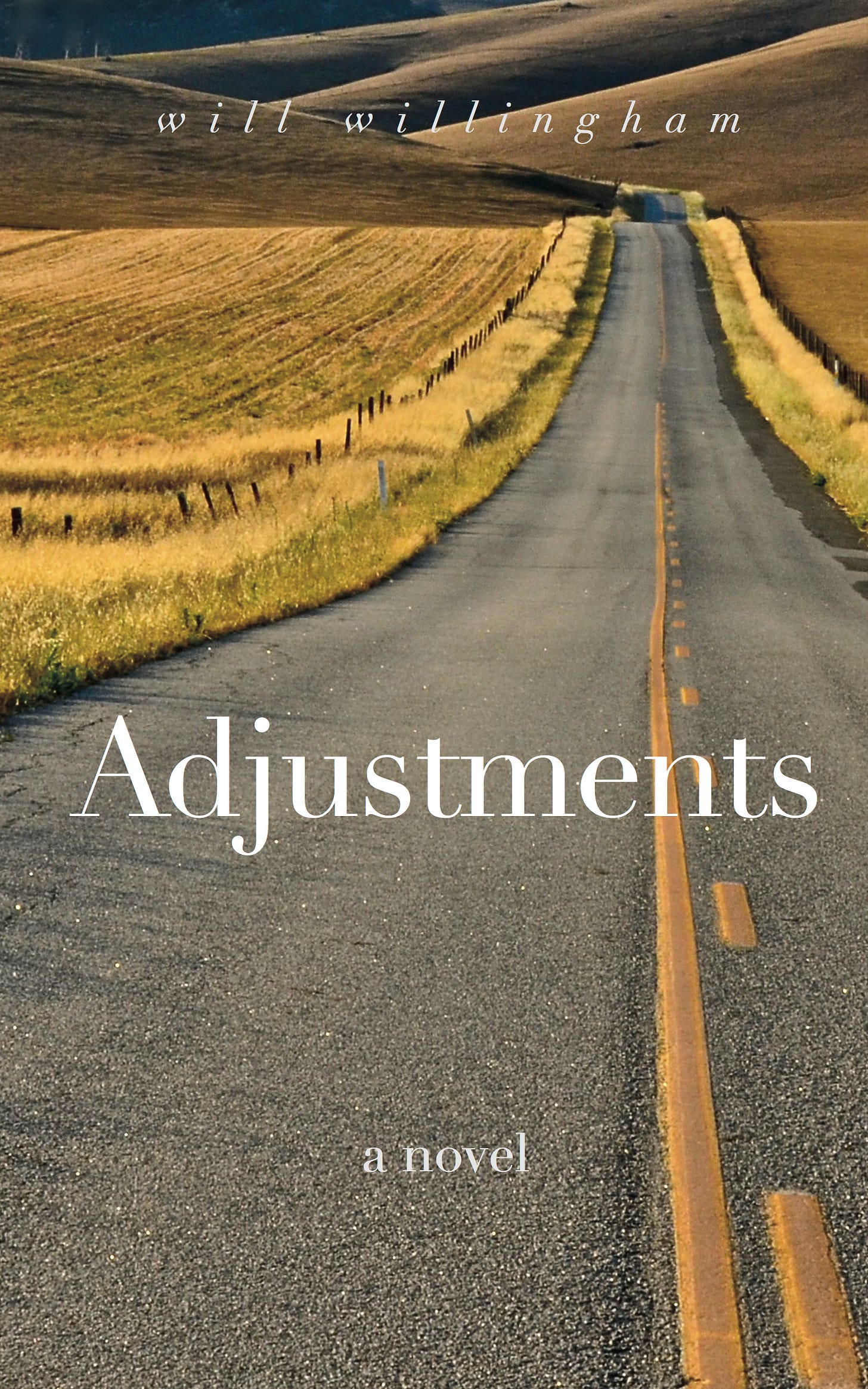We’re sharing Tweetspeak Poetry’s inspiring poemcrazy series,
a book club originally hosted by editor Will Willingham.
As a paid subscriber, you can access an exclusive video of poemcrazy’s author,
Susan Goldsmith Wooldridge, talking with Tweetspeak’s publisher L.L. Barkat.
(Includes a peek into Susan’s wildly creative office and notebooks! )
And this is the way you will know that your editor loves you: In the late hours of the evening, she will instruct you to do push-ups. Ten of them. Right there in your office, on the floor next to your desk. The same floor where she once told you to lie down and stare at the ceiling until the words started.
And you will do them, of course. Right there on the floor of the office, even though usually you cheat and do your push-ups on the staircase.
You will think that your editor believes you must be like Terra, the young girl of whom Susan Goldsmith Wooldridge writes in poemcrazy: freeing your life with words. Terra, dyslexic, who closed her eyes and spoke her poems, who was led to believe her name meant dirt until she learned the powerfully subtle distinction that her name meant earth. You will think your editor believes that, like Terra, “the poems were waiting in her head.”
Push-ups, she must believe, will push them out.
You will do the push-ups. You will make the lists of words she asks you for on your notebook page, numbered from 1 to 50. You will choose some of the words and write them on your Whiteboard. You will make a mess of the Whiteboard list with a marker of a different color, looping pairs of interesting words together: Yerba sock, Keats portfolio, manila punch, wool mate, blue cozy, basket weight, stone teeth.
You will say to yourself: Push-ups and Whiteboard lists will not an article write. But you will not—now hear this—you will not ask Why?
She will have read the section of the book you are mulling. You will know this. She will realize the final chapter is entitled “Please Don’t Understand.” She will know that Wooldridge says, “Poetry sometimes takes us not into nonsense, but beyond sense.” She will know that Wooldridge tells students, “Don’t think. Forget about understanding.”
Your editor will say Please. And so you will do 10 more push-ups.
“Does the ocean, or you, or I, always need to understand?”
~
This week’s practice exercises included some fun options. Wooldridge suggested changing our perspective by referring to an object as “thou” instead of “it, ” and asking questions of it. I played with a couple of objects this way:
Chore Boy
Green sponge, thou who sits wadded
in the sink drain, surrounded by detritus
from thy recent scouring expedition,
How long wilt thou tarry? Earnestly
I long for thy departure
yet day after dishwashing day
thou remains lingering, triumphant
over the electric range top yet powerless
to remove thyself from my stainless steel basin.
What dost thou think of today?
Though I am loath to touch you,
might this be the day we bid you a fond farewell?
Firewood
Thou wast nothing when I plucked thee
from the snow-covered fire pit.
Spent pine log, misshapen hunk
of black charcoal,
I held thee in my palm.
Thou didst bear no load.
Yea, thy weightless existence
crumbled at the slightest touch.
Thou carried no promise. But look,
between thy layers the sun catches
a glint of thee, a light
where perchance
thou most craves one.
In another exercise, Wooldridge directed readers to find an object and give it a name (either its real name or a created one), describe the object by comparison to something else, and then ask “the object to bring you a quality it has that you need” in this format:
Name
you look like
bring me…
In one of her examples, participants drew pictures of the objects along with the poems. Here are a few from my practice:
Peach shell
your fragile wall
holding in, holding out,
Bring me shelter
Blue marble
winking from your center
like a cat through window glass,
Bring me mischief
White stone
smooth as the back
of your hand
Bring me comfort
3 shells, nestled
like you grew as 1
Bring me meaning
When you finish your push-ups, you will have no new insight. You will go to sleep and in the morning you will write an article. You will not explain why you did the push-ups; nor will you expect anyone to understand.
You will simply return to the last chapter, to Susan Wooldridge and Rumi, to Robert Bly and St. John of the Cross and you will read again:
Don’t think.
Forget about understanding.
Light is the last thing we need.
~
Read Will Willingham’s novel serially here on The Write to Poetry…
Featured photo by Nika Benedictova, Creative Commons, via Unsplash.










I thoroughly enjoyed reading this post !
I love the four little poems with illustrations